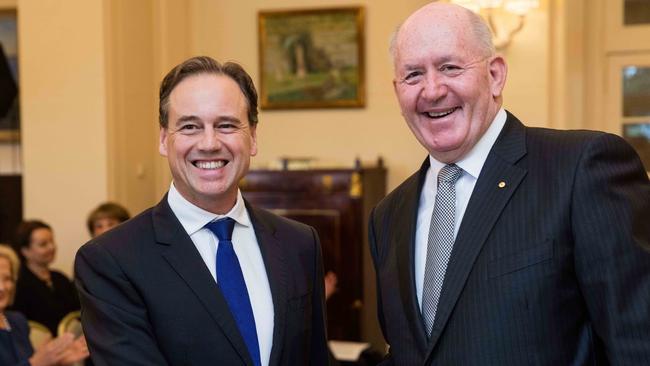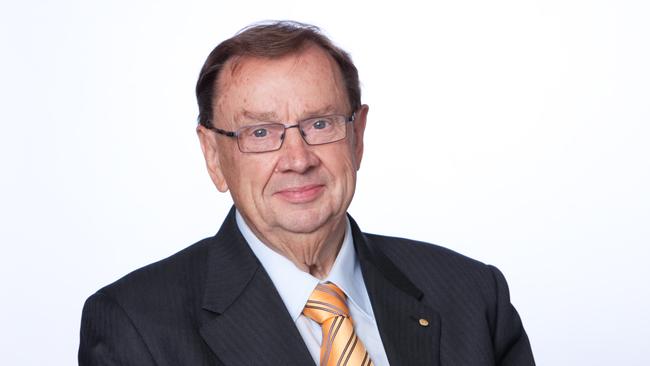Melbourne medical research boosted by new multi-million dollar funding
A NEW multi-million-dollar federal fund to fast-track development of medical advances could cement Melbourne’s place as a world leader in health research.

VIC News
Don't miss out on the headlines from VIC News. Followed categories will be added to My News.
A NEW multi-million-dollar federal fund to fast-track development of medical advances could cement Melbourne’s place as a world leader in health research.
The $500 million Biomedical Translation Fund will invest in cutting-edge research, helping to stem the flow of local researchers who head overseas to find funding.
Innovation and Science Minister Greg Hunt, who will launch the fund at the Walter and Eliza Hall Institute of Medical Research today, said the fund would be matched dollar-for-dollar by private sector investment.
Mr Hunt said Melbourne’s contribution to medical advances — from Sir Macfarlane Burnet’s Nobel prize-winning work on immunology to Graeme Clark’s cochlear implant — had put it alongside Boston and Cambridge as one of the great medical research cities in the world.
In recent times, researchers from the Florey Neuroscience Institute in Victoria have aided Global Kinetics Corporation to develop the Parkinson’s KinetiGraph, a wrist-worn device that automatically records movement data to help doctors in their diagnosis and treatment of disorders such as Parkinson’s disease.

Another Melbourne medical breakthrough, from Fibrotech Therapeutics, has developed a new class of drugs that could keep kidney disease patients off dialysis and avert the need for some transplants.
Mr Hunt said the new fund would help specialist researchers tap into corporate investment networks so they could take their developments in disease treatments, therapies and cures around the world.
“Without increased access to venture capital and entrepreneurial investment, we risk missing an opportunity to commercialise our great ideas and research outcomes to benefit all Australian and our economy,” Mr Hunt said.
Of the fund, he said: “It will strengthen Australia’s biotechnology and pharmaceutical industries to remain vibrant and competitive … through changing economic times.
“Melbourne, with its well-established university research precinct, is the place to really benefit from this commitment.
The 2013 McKeon review of health and medical research identified a gap in support from research through to development, known in industry as the “valley of death”.
This was where many potentially valuable projects failed in the early stages as a result of a failure to obtain funding.


